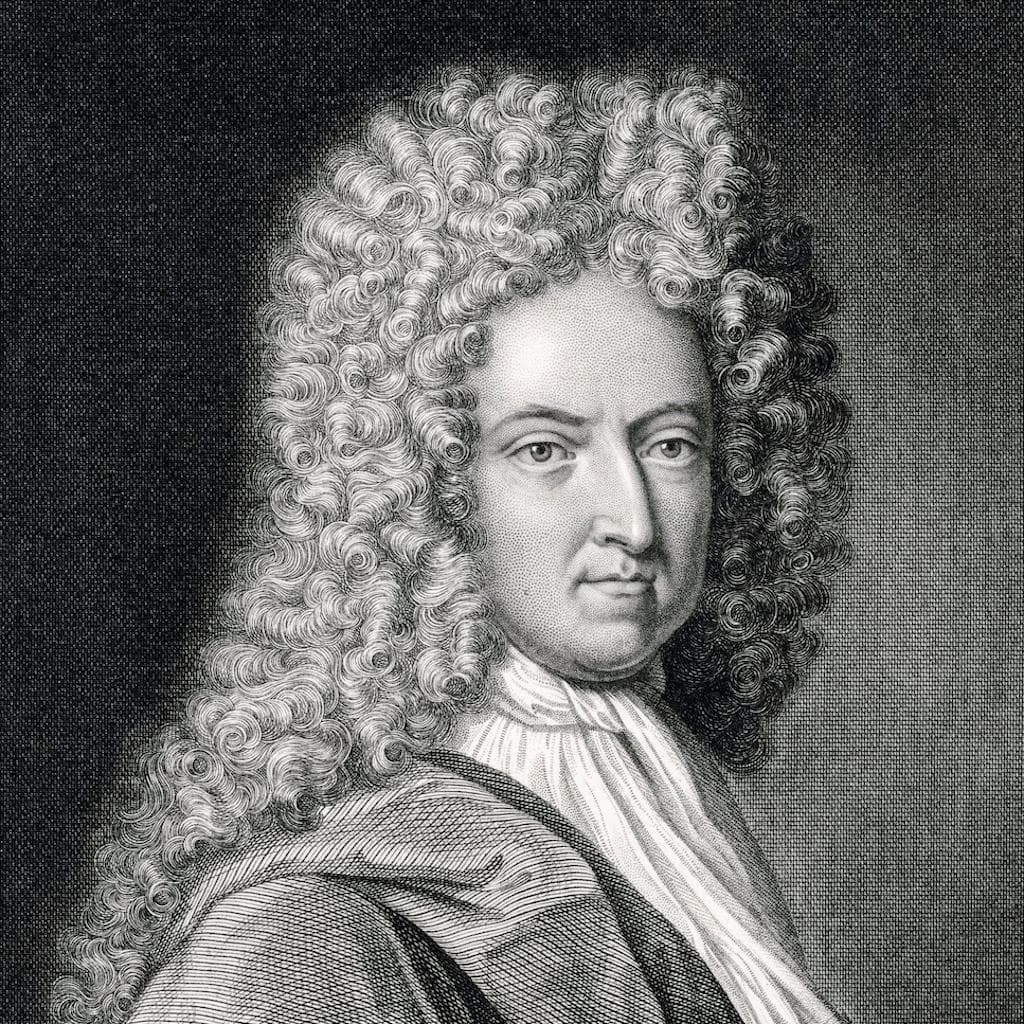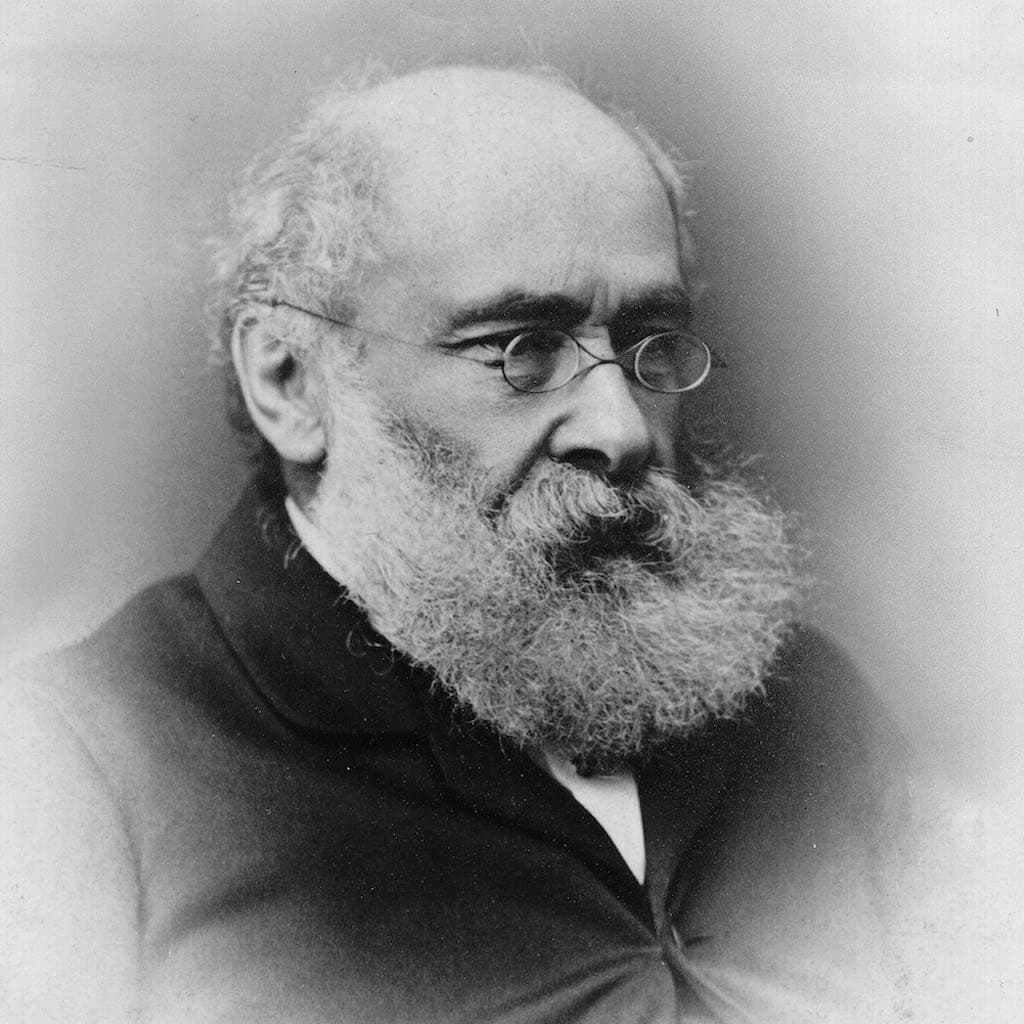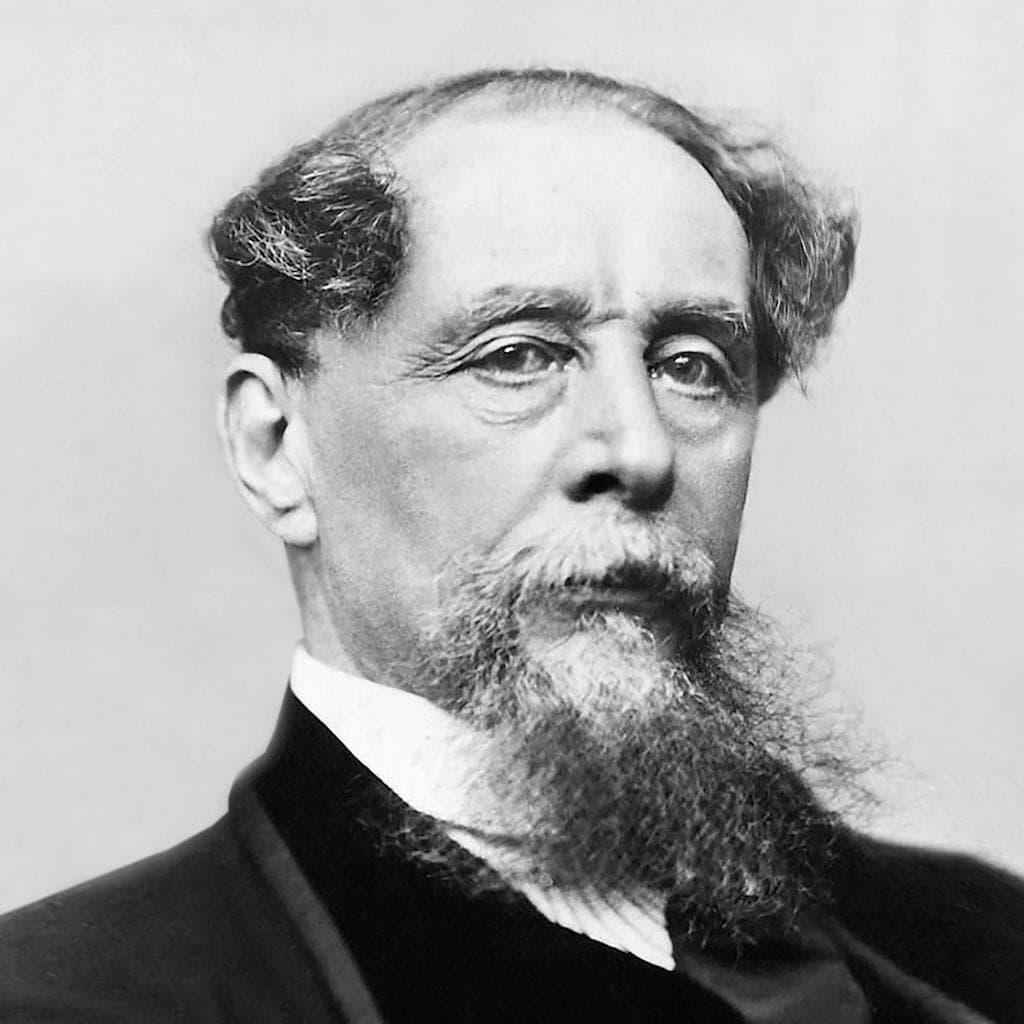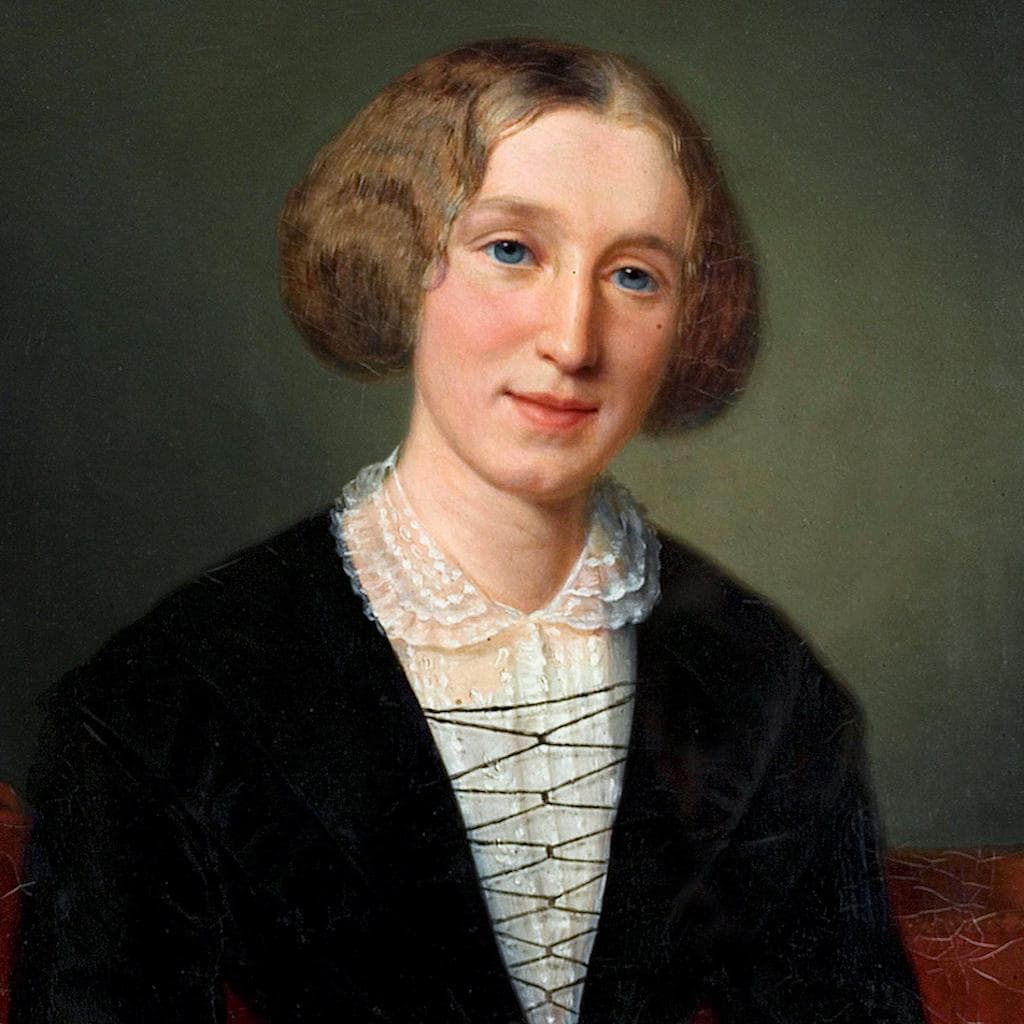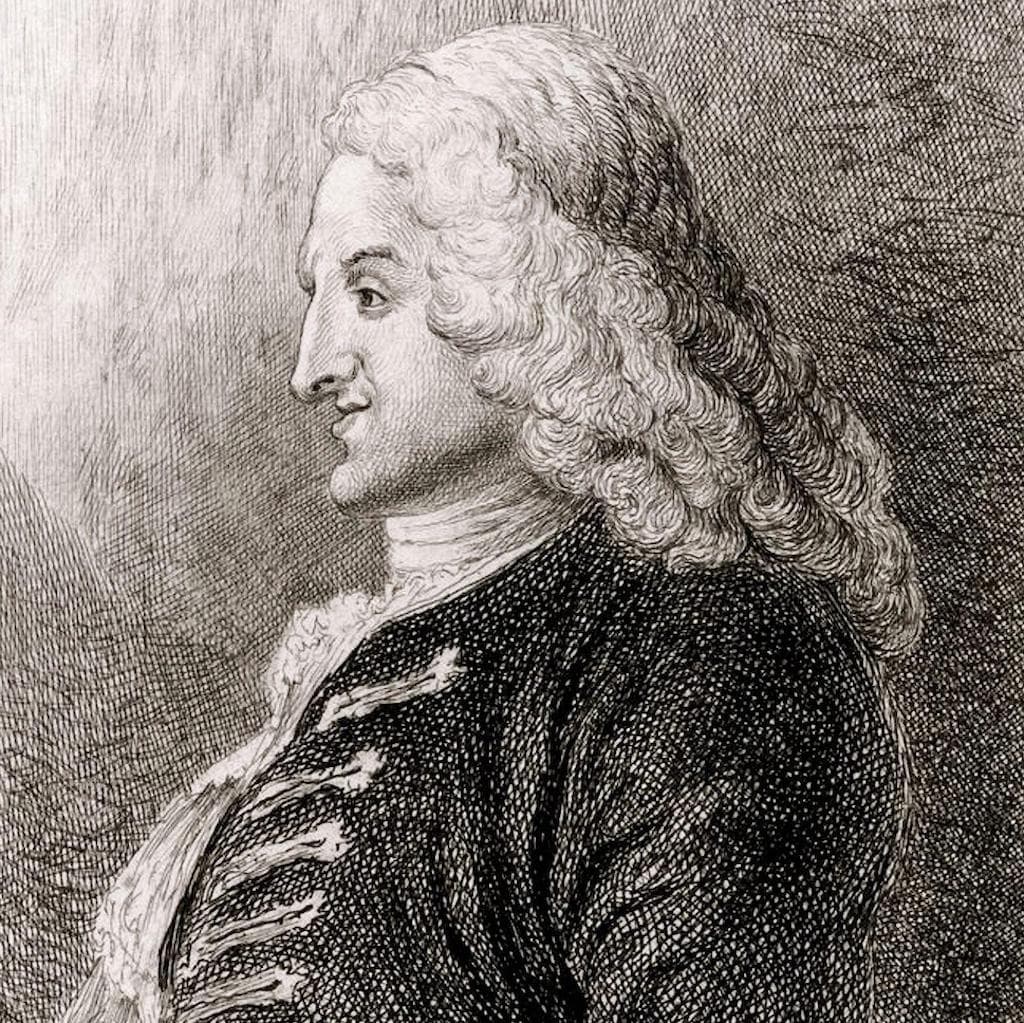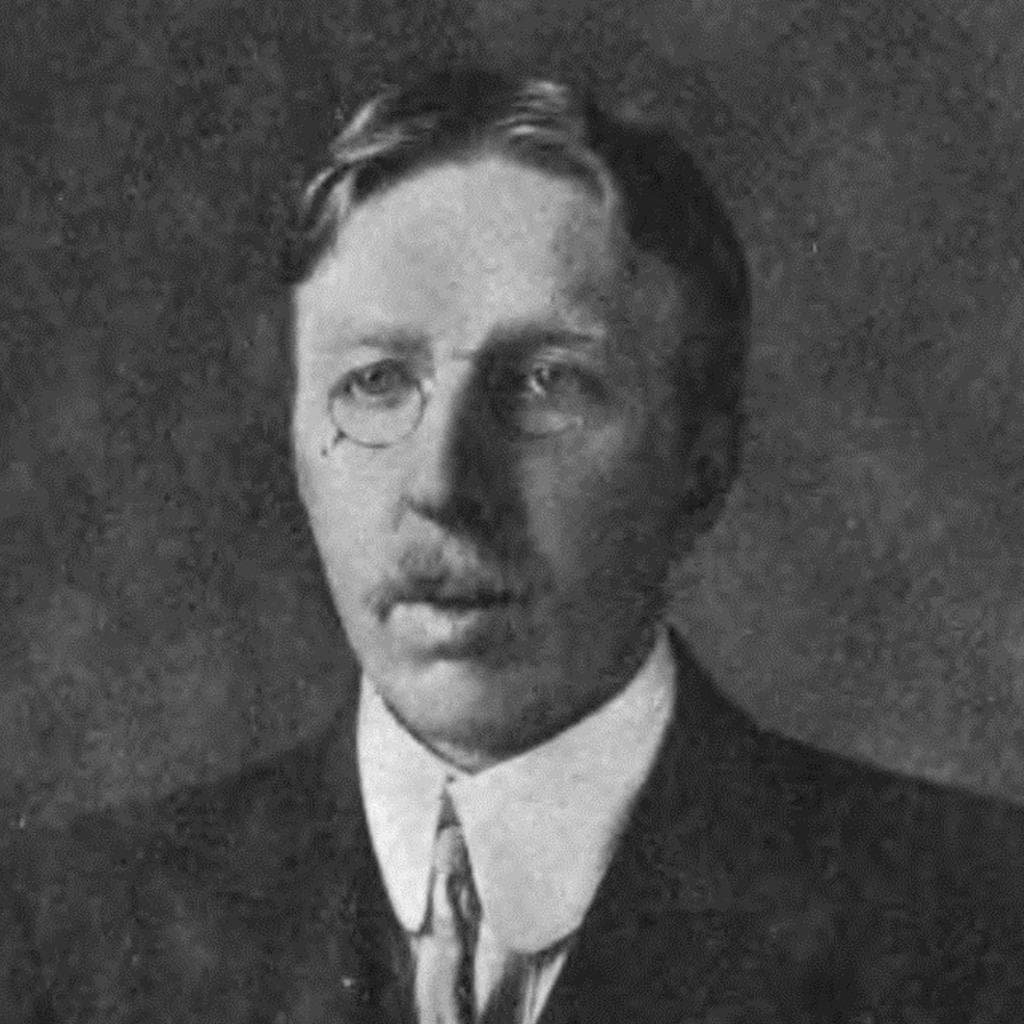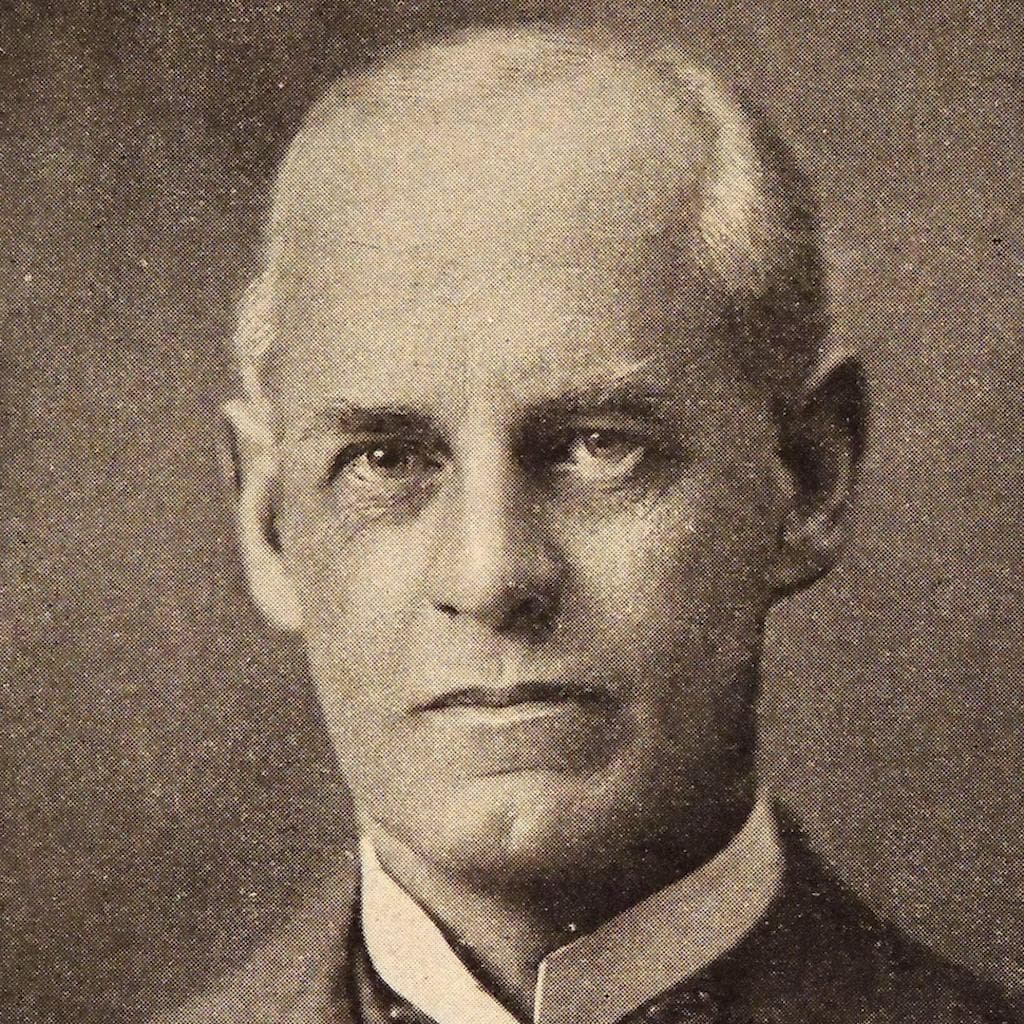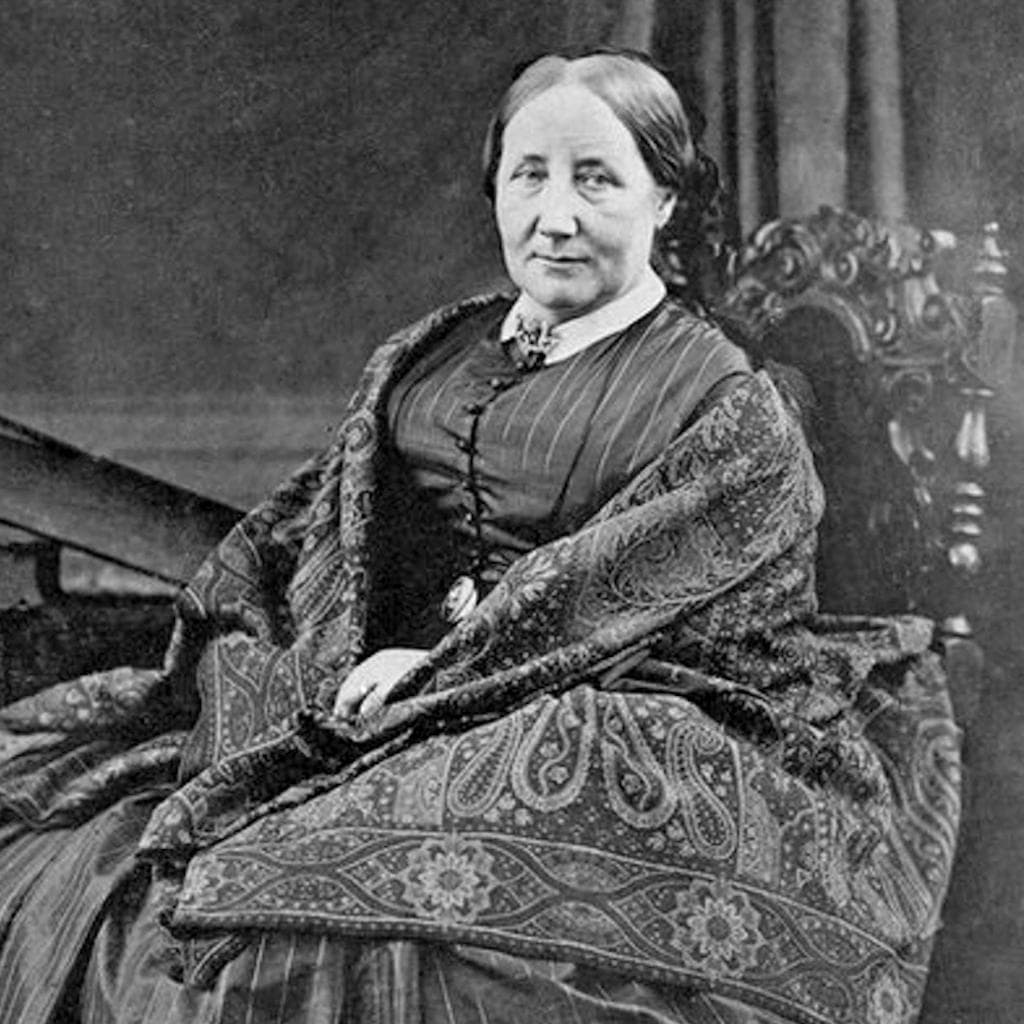BLOG POSTS
Nationality: English
Defoe Daniel
Born Daniel Foe in London in 1660, Defoe was a prodigious writer on many subjects, producing over 500 books, pamphlets and articles. He is now remembered for his novels, primarily ‘The Life and Strange Suprizing Adventures of Robinson Crusoe, of York’ and ‘The Fortunes and Misfortunes of the Famous Moll Flanders’ and is considered to be one of the key figures in establishing the format of the English novel.
Trollope Anthony
Anthony Trollope (1815 -1882) was an English novelist who wrote forty-seven novels and a wealth of other material, both fiction and non-fiction. Enormously popular during his lifetime, his reputation has fluctuated since, partly because in his posthumous autobiography he confessed quite openly to writing for money, which offended many critics. ‘The Way We Live Now’ is probably his most popular novel now.
Dickens Charles
When ‘The Posthumous Papers of the Pickwick Club’, his first novel, was published, Charles Dickens (1812-1870) was just twenty-four. Published, like most of his books, in weekly instalments, it started him on a path to fame, wealth and international acclaim. Widely considered to be a literary genius second only to Shakespeare, Dickens’ works, such as ‘Great Expectations’ and ‘A Christmas Carol’, remain as popular as ever.
Eliot George
George Eliot was the pen name of Mary Anne Evans (1819-1880), one of the leading writers of Victorian times. Like many of her contemporary female writers, she published her books using a male name in order to be taken seriously. Her novels, including ‘Adam Bede’, ‘The Mill on the Floss’ and ‘Middlemarch’, have remained perennially popular and the subject of numerous television adaptations.
Fielding Henry
Henry Fielding (1707-1754) was an English novelist; building on the foundations put in place by Daniel Defoe and others, he was a major contributor to the form of the modern novel. He wrote four novels, of which the most enduring is ‘The History of Tom Jones, a Foundling’, widely regarded as among the finest books ever written.
Ford Ford Madox
One of the primary reasons for the works of Ford Madox Ford (1873-1939) being undervalued was his own endless self-promotion – truly a legend in his own mind – which tended to produce the opposite effect with his critics. In truth, ‘The Good Soldier’ is one of the great modern novels, ranking alongside Conrad, Joyce and James, and his fine tetralogy which makes up ‘Parade’s End’ has been the subject of a recent TV adaptation.
Galsworthy John
When John Galsworthy (1867-1933) died, he was at the height of his popularity with the reading public, and had been awarded the Nobel Prize for Literature in 1932. Already derided by modernist writers like Woolf and Lawrence for his old-fashioned values, interest in his works fell away sharply. The revival came in 1967, when the BBC Television adaptation of ‘The Forsyte Saga’ firmly established his place in literary history once more.
Austen Jane
Jane Austen (1775 – 1817) was an English novelist whose works of romantic fiction, set among the landed gentry, earned her a place as one of the most widely read writers in English literature. Her realism and biting social commentary have gained her historical importance among scholars and critics.
Gaskell Elizabeth
Elizabeth Cleghorn Gaskell (1810-1865) was a popular Victorian novelist, whose works realistically portrayed the harsh realities of urban poverty and industrial strife. Her status as a fine novelist continues to this day, with the television adaption of ‘Cranford’ increasing public awareness of her works. She was also a talented writer of supernatural stories, as the Wordsworth collection of her stories demonstrates.
